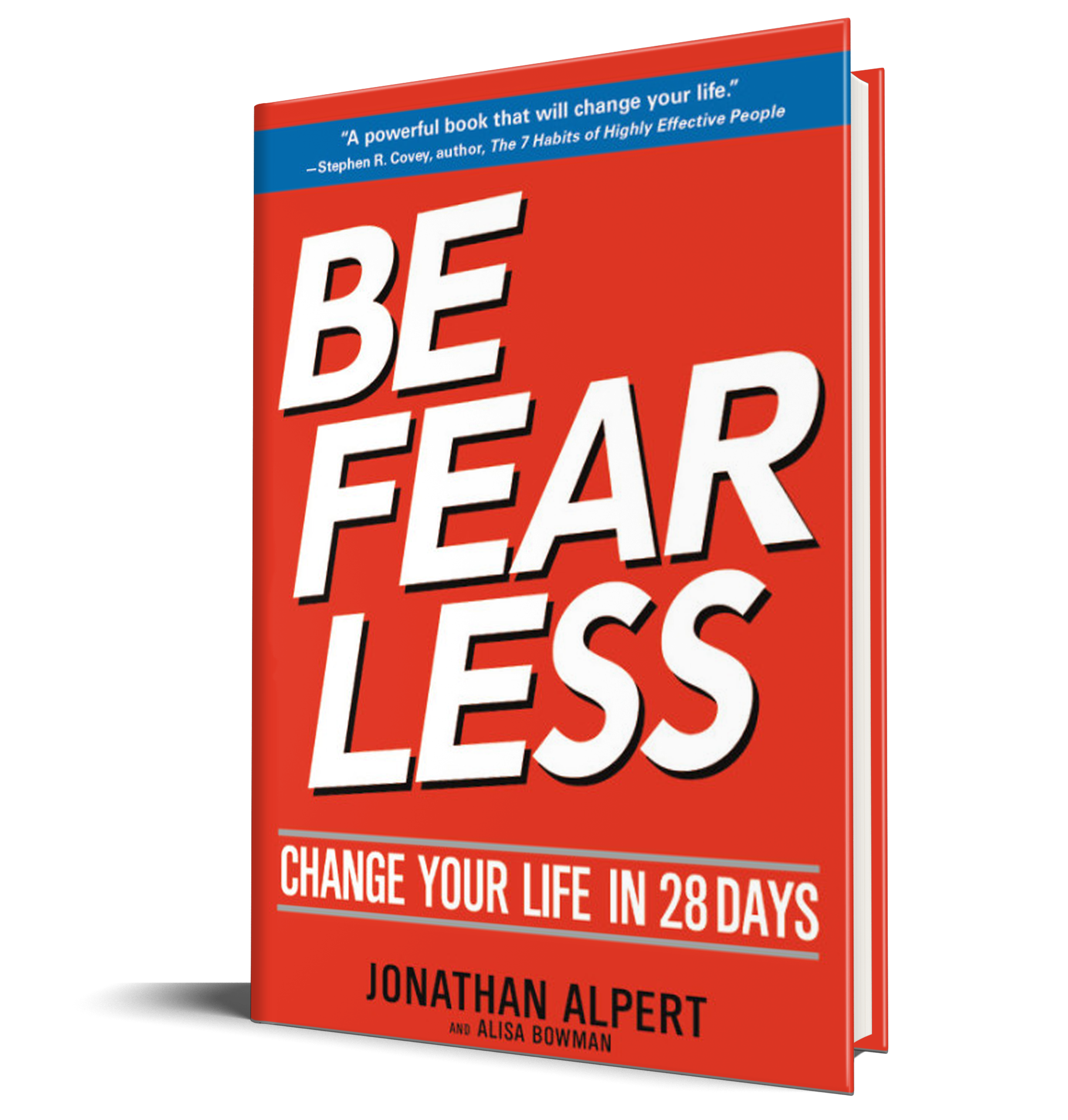As we approach Thanksgiving and the start of the holiday season, family dramas and conflicts that have been kept at bay will likely resurface and issues will be stirred up. Let’s face it: for some of us, we’re only seeing relatives because we feel obligated to over the holidays. Otherwise, we’d never see them. This can cause a whole lot of stress and wreak havoc on one’s mental health.
One prevailing issue I see is that of grudges. Long rooted resentment, jealousy, and conflicts bubble up at family dinners and grudges rear their ugly heads. If you try to work on one thing this holiday season, seriously consider letting go of the grudge.
Grudges are one of those insidious things that can have a profoundly negative impact on someone. Grudges will keep you angry and the person on the other end of the grudge will feel bad. No one wins. It takes more energy to be angry with someone than it does to be peaceful, yet people hold on to grudges for months, years, and even decades. The reason is simple: It protects them.
To make my point, I’ll digress for a moment. Years ago, when I was a graduate student I used to take the subway through some of the highest-crime areas of New York City late at night to get to where I lived. A lanky guy like me simply didn’t belong in those parts of town, especially late at night. It was highly anxiety-provoking and I knew that in order to protect myself from any potential threats, I had to make myself appear disturbed — angry, even — because as long as someone looks that way, people don’t go near him or her. So I did just that. I paced, shook my head, acted dejected, and even talked to myself at times. I’m not necessarily attributing me being unharmed to this tactic, however, I do know that I looked miserable and no one went near me.
Back to the grudge. As long as you are angry, people won’t go near you. You’ll keep people at bay. The anger protects you from getting hurt again. Further, the anger that comes from the grudge energizes you, providing the illusion of control. Also, maintaining the grudge is your way of holding the offender responsible for the behavior or act, and to forgive might feel like you are letting him or her off the hook too easily.
To shake this thinking, ask yourself the following:
- Did I handle the situation the best I could at the time?
- Can I change the situation?
- What’s the benefit of holding the grudge apart from protecting yourself from being hurt?
- What will you gain by letting go of the grudge?
Think about this:
Pretend you’re packing for a trip and you can only bring essential items. Would you bring healthy things such as a positive attitude, good food, and a sense of humor or would you bring anger, resentment, and bad food? The latter will surely weigh you down while taking only things that are good for you will lighten your load and make the trip easier.

Be Fearless: Change Your Life in 28 Days by Jonathan Alpert.
Follow us here and subscribe here for all the latest news on how you can keep Thriving.
Stay up to date or catch-up on all our podcasts with Arianna Huffington here.


